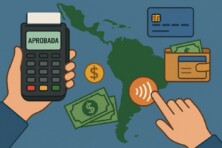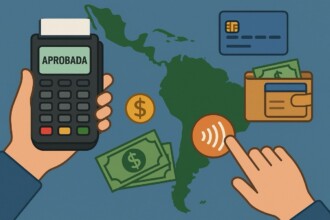Getting credit in South Africa has never been easy — nearly half the country’s 63 million people are still locked out of formal lending. However, Mukuru and JUMO are stepping in with a new AI-powered “Fast Loan” that could finally open the door for millions who’ve been left on the sidelines.

Image: JUMO
Mukuru, a financial services platform, has partnered with AI-driven banking technology company JUMO to introduce Fast Loan, a mobile-first credit product designed to expand access to responsible lending in South Africa.
The new solution aims to bridge a major gap in the local credit system, where nearly 17 million people remain outside formal financial services. By combining Mukuru’s established customer network with JUMO’s AI-based lending infrastructure, Fast Loan offers fair and transparent access to short-term credit for underserved communities.
Mukuru customers can apply via WhatsApp and receive instant disbursement to their Mukuru Card, with loan amounts ranging from R100 to R8,000, repayable over 30 days. The product features clear pricing, capped fees, and no interest charges for early repayment. All loans are reported to credit bureaus to help customers build a formal credit history.
Andy Jury, Group CEO of Mukuru, said that the Fast Loan partnership reflected the company’s understanding of how customers in the informal economy managed financial pressure, combining trust, technology, and insight. Andrew Watkins-Ball, Founder and CEO of JUMO, added that they were proud to support Mukuru with the technology infrastructure needed to deliver greater value to its customers.
Both companies emphasized that the initiative promotes responsible financial inclusion while using ethical, data-driven credit decisioning.
As of December 2024, there were 28.61 million credit-active consumers in South Africa. That equals to just 45% of the population. At the same time, a substantial portion of South Africa’s population remains excluded from formal credit because many individuals and micro-businesses operate without recognised collateral, formal employment, or documented income. These barriers make traditional lenders reluctant to extend credit.
Research also shows that more than half of all formal credit applications in South Africa were rejected not so long ago (in 2019), forcing many people into informal borrowing channels marked by higher costs and risk. For small and informal enterprises, access is even more constrained: just a few per cent hold transactional accounts or receive formal lending. These factors: lack of credit history, unstable or cash-based earnings, and limited documentation, amplify the gap and underscore the need for solutions that can assess risk in more innovative ways.









